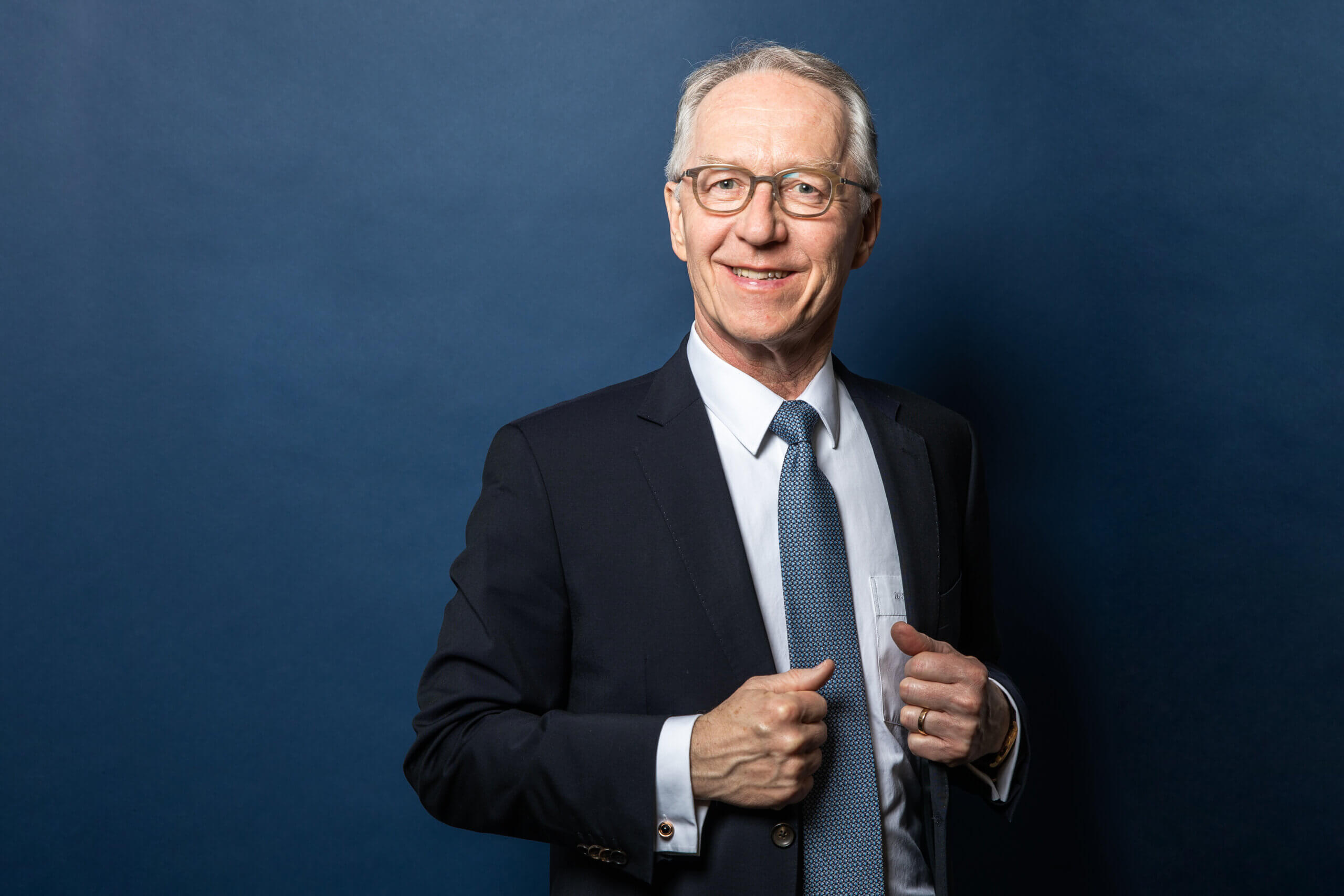Excerpt from an interview by Dr Werner Schnappauf, Chairman of the German Council for Sustainable Development, with the Sustainability & Change Communications department at Daimler.

Dr Werner Schnappauf, Photo: Viviane Wild © German Council for Sustainable Development
I would say that sustainability must be a matter for the boss! As long as sustainability is delegated along the lines of “Create a sustainability report for us and print it on recycled paper”, then the issue hasn’t really been understood. It is important that sustainability reaches the decision-maker level. And that the CEOs or other board members take responsibility for the topic and really look at sustainability holistically. It is important that all three pillars of sustainability, i.e. economy, ecology and the social dimension, are thought of and managed together. Only in this way can sustainable development really succeed. For me, that is the central insight from my experience so far.
How has the role of sustainability changed in recent years?
20 to 30 years ago, terms such as sustainability or sustainable development were present in the political arena, but were often ridiculed as empty words. In recent years, and now even more so as a consequence of the Corona pandemic, we are experiencing a momentum for sustainability unlike anything I have seen in all my decades in the business. And that applies in politics, business and finance, as well as across society as a whole.
What exactly is the role of business?
Politicians can set goals and make regulations. But if the commitment of industry with its technologies and innovations is not forthcoming, then none of this will work. For the first time in decades, this whole issue has now really taken off. Now you can feel that not only industry but also the financial sector is increasingly investing in low-CO₂ and CO₂-neutral technologies. This is crucial, because sustainable transformation can only succeed if we work together.
How can such a sustainable transformation be realized?
This is indeed one of the central questions where we are, so to speak, doing open-heart surgery. Your industry represents a good example of the challenges faced: In order to deliver the low-CO₂ or CO₂-neutral mobility of tomorrow, the automotive industry, in which many global market leaders work, must transform itself. In other words, from conventional drive systems based on gasoline and diesel to alternative forms of drive. And all this during ongoing operations. So while conventional engines will continue to be produced for some time to come, new drive forms are being researched, developed and built at the same time. This, of course, requires enormous investment. And that is why I believe that today more than ever we need close cooperation between politics and business if we are to successfully master this difficult transitional phase. Because, of course, we want to be global market leaders tomorrow as well. This means that we must combine our global competitiveness in the various industries with climate protection and climate neutrality. And I am convinced that the European Green Deal provides a good framework for this, because it is committed to economic growth, but growth that is decoupled from resource consumption and ever-increasing environmental impacts.
Do you really believe that further economic growth and sustainability are compatible?
Yes, absolutely! Economic growth can only be sustained in the long term if we do not exceed the earth’s natural stress limits. Further economic growth is therefore only possible as sustainable economic growth. Citizens and consumers have also recognized this. Here, I see an ever-increasing need for products that are produced in an environmentally and socially responsible manner. This is not just about production in Germany or Europe, but around the globe. This all-encompassing sense of responsibility is evident, for example, in the current discussions on the subject of the Supply Chain Act. […]
The questions were asked by Sven Reichmann and Carolin Emmerich from Daimler AG. The complete interview is part of the series “Brass tacks with smart heads” and can be read at https://www.daimler.com/sustainability/brass-tacks-with-smart-heads/werner-schnappauf.html.